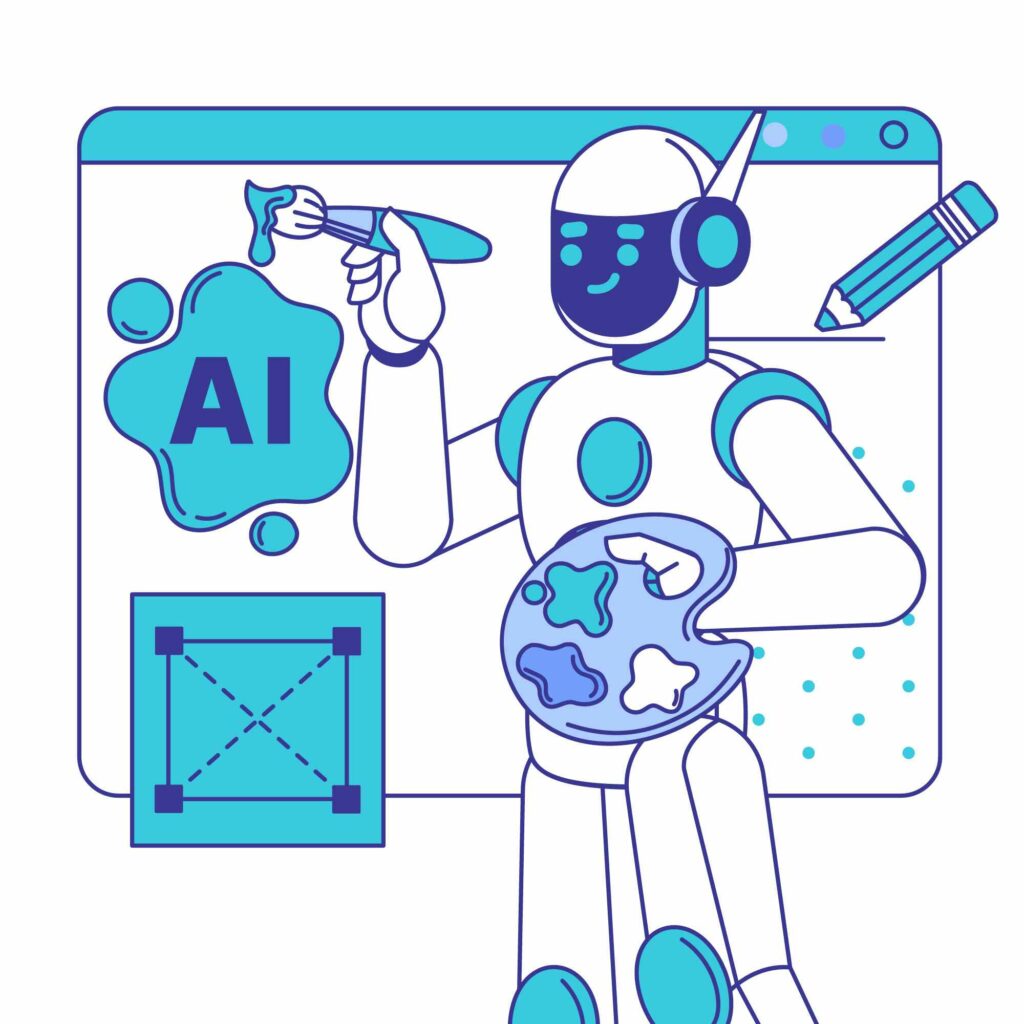
AI CERTS
3 months ago
AI as an Assistive Tool in Design: Enhancing Creativity, Not Replacing It
As artificial intelligence continues to evolve, its role in the creative industry is becoming clearer. Many designers now view AI not as a replacement but as an assistive tool that enhances creativity, efficiency, and workflow. AI-driven tools like Adobe Firefly, MidJourney, and DALL·E are revolutionizing design processes by providing inspiration, automating repetitive tasks, and allowing […]
As artificial intelligence continues to evolve, its role in the creative industry is becoming clearer. Many designers now view AI not as a replacement but as an assistive tool that enhances creativity, efficiency, and workflow. AI-driven tools like Adobe Firefly, MidJourney, and DALL·E are revolutionizing design processes by providing inspiration, automating repetitive tasks, and allowing designers to focus on more conceptual and strategic aspects of their work.

The Rise of AI in Design
AI-powered design tools have significantly changed how professionals approach creative projects. From generating color palettes to refining layouts and automating typography, AI streamlines design processes while keeping human creativity at the forefront. These tools assist in:
- Idea Generation: AI algorithms analyze trends and generate unique concepts based on user inputs.
- Automation of Repetitive Tasks: Resizing, background removal, and layout adjustments are now quicker with AI-powered assistance.
- Personalized Designs: AI can tailor visuals based on audience preferences, making designs more targeted and engaging.
Why AI Can’t Replace Designers
Despite AI's growing capabilities, professional designers emphasize that it lacks human intuition, cultural understanding, and emotional intelligence. Creativity requires an emotional connection and strategic thinking—elements that AI cannot replicate. Many designers argue that AI acts as an advanced assistant rather than a decision-maker in the design process.
The Future of AI in Design
AI's role in design will likely continue evolving, providing more sophisticated tools while still requiring human expertise. Instead of replacing designers, AI will push the boundaries of creative possibilities, helping professionals achieve greater efficiency and innovation in their work.